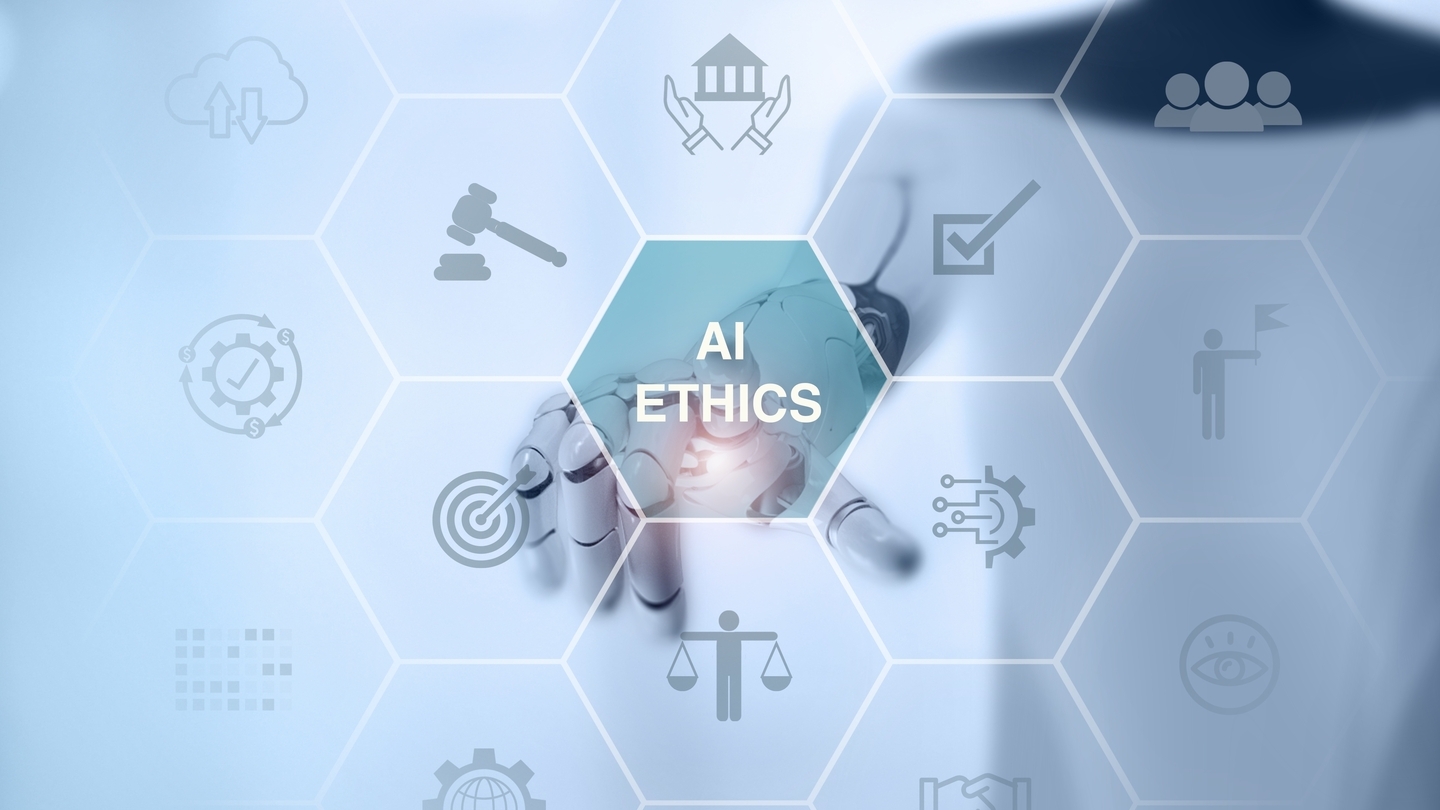The countdown is on for the Paris Olympic Games, which begin on 26 July and run until 11 August. As well as a showcase for sporting prowess and achievement, the event also presents a huge opportunity as well as a challenge to those responsible for ensuring every moment is captured and broadcast to viewers around the world, with streaming services set to play an increasingly important role.
Indeed, Rick Young, SVP and head of global products at LTN, believes that the Olympics “promises to be a real watershed moment for streaming live sports”, while Rory Renwick, business development director at Accedo, says streaming is set to be a fundamental part of the Olympics, “with key stakeholders, Olympics Broadcasting Service (OBS), Intel, NBCUniversal, Warner Bros Discovery, and France Télévisions using streaming and next-generation initiatives to take Olympics coverage to a whole new level”.
The streaming opportunity
Jakub Kruczkowski, strategic business manager at Spyrosoft BSG, which until recently was known as Better Software Group, agrees that the Olympics are shaping up to be an important event for the evolution of streaming technology in sports broadcasting...
You are not signed in.
Only registered users can view this article.

Finding our ethical true north on AI: Part II
Part two of our insight into AI ethics and regulation continues with observations on industry efforts around standards and best practices, and why human impact should be the guiding force. James McKeown reports.
/Source - shutterstock_2464837145 (1).jpg)
Digital Catapult: AI innovations to supercharge the creative industries
Accelerated VFX workflows, video game characters you can converse with, and auto-generated visual experiences from sound for XR headsets are just some of the AI innovations devised by start-ups as part of a recent Digital Catapult programme. Adrian Pennington reports.
.jpg)
Neural Radiance Fields – A new approach to 3D modelling
From the chemical, mechanical and electrical process of creating a film, to the rise of virtual production, visual storytelling has always turned to cutting-edge technologies. Now Neural Radiance Fields (NeRF) could replace the traditional technological foundations that broadcasting and film are built upon. IBC365 speaks to leading researcher, Professor Ravi Ramamoorthi.
.jpg)
Future predictions – Part II: Leaders and analysts
The coming year hints at big changes in focus and innovations for the media and entertainment world. With giant leaps in AI advancements, streamlining production and the road ahead for ad-tech, how can vendors meet the demands of the hungry yet cost-conscious consumer, whilst staying ahead of the game? John Maxwell Hobbs gathers more expert insight from leaders and analysts in the second part of our future predictions series.

Future predictions – Part I: Broadcasters and suppliers
As we wrap up 2024, it’s time to consider what lies ahead for the media industry in 2025. John Maxwell Hobbs probed industry executives to share their crystal ball predictions on themes spanning the impact of AI, the transition from hardware to software-based solutions, data security and ways of reaching new audiences.





